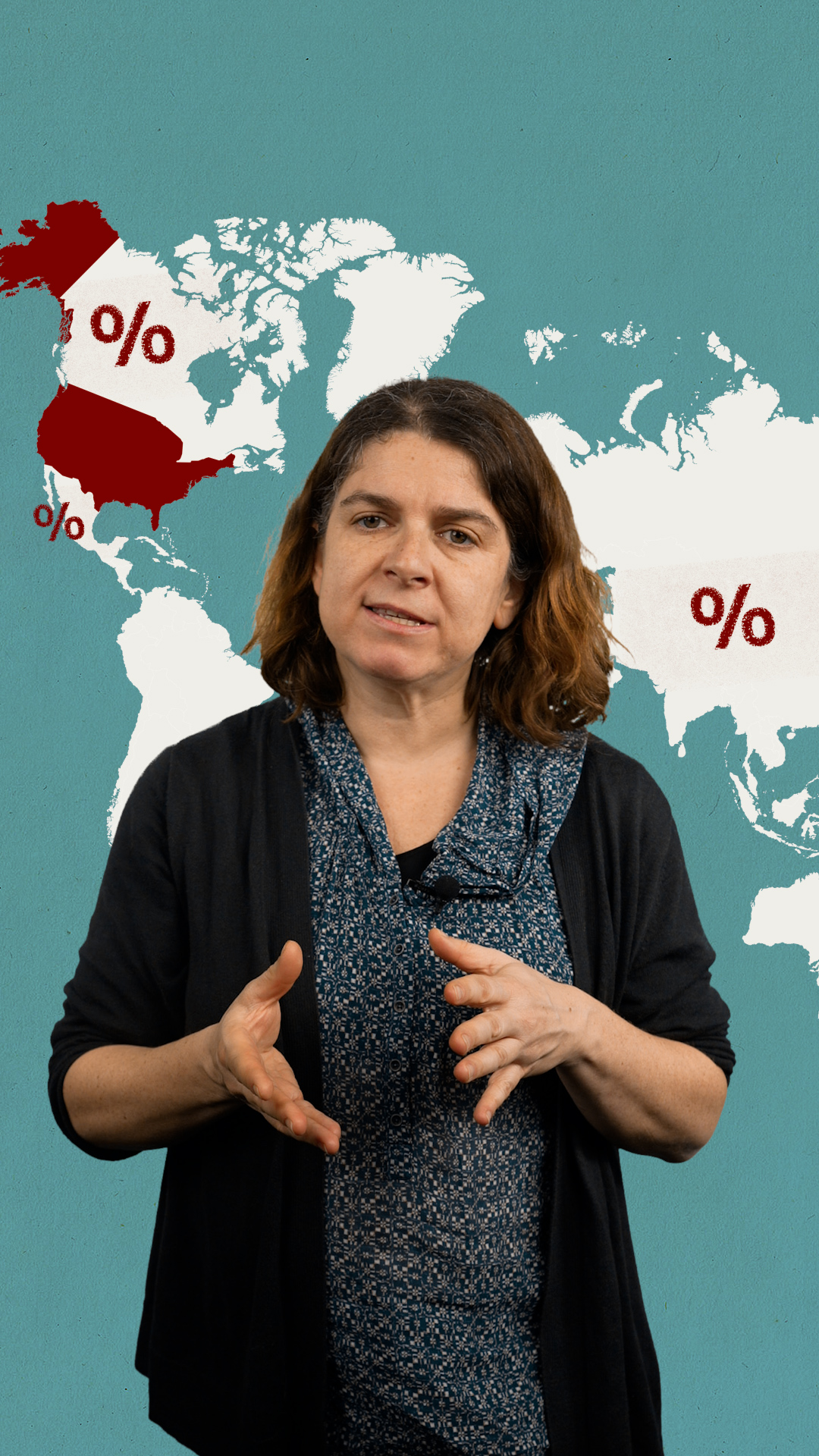
Swiss authorities aim to keep negotiating with US on tariffs

A day after US President Donald Trump’s tariff shock, Swiss officials remain in contact with authorities in the US, according to the government in Bern. Economists meanwhile warn of a big hit to Swiss jobs.
+Get the most important news from Switzerland in your inbox
The US plans to impose tariffs of 39% on Swiss imports as of August 7, the White House said on the night of Thursday-Friday – a rate even higher than the 31% announced by Trump in April.
The tariff hike also deviates “significantly” from the draft of a joint declaration of intent which had been the result of intensive discussions between both sides in recent months, according to the Swiss government, which approved the draft on July 4.

More
Trump tariff shock: how Switzerland is positioning itself
As such, a spokesman for the finance ministry spoke on Friday of “great regret” that the US intends to impose steep unilateral additional tariffs on imports from Switzerland – “despite the progress made in bilateral talks and Switzerland’s very constructive attitude from the outset”.
According to the government, Switzerland is still in contact with relevant authorities in the US.
A spokesperson for the economics ministry told the Keystone-SDA news agency on Saturday that specific details could not be given for technical reasons. However, Switzerland continues to aim for a “negotiated solution with the US that is compatible with both Swiss law and existing international obligations”, the spokesperson said.
The government now intends to analyse the new situation before deciding on next steps.
Deficit dispute
Trump meanwhile cited what he called a “big” trade deficit with Switzerland during remarks to journalists on Friday evening. According to him, the deficit amounts to $40 billion (CHF32.16 billion), the Italian news agencies Ansa and Adnkronos reported.
“The problem with Switzerland is that we have a $40 billion deficit,” the US president said before a trip to New Jersey. “I spoke yesterday to Switzerland, but we have a $40 billion deficit […] That’s a big deficit.”

More
US tariffs: Trump cites ‘big’ trade deficit with Switzerland
Swiss authorities dispute this. While Switzerland runs a surplus in the export of goods to the US, the US has a surplus in services exports, the economics ministry said on Saturday.
The goods export surplus is “in no way based on ‘unfair’ trade practices”, it added – on the contrary, Switzerland unilaterally abolished all industrial tariffs as of January 1, 2024. This means that over 99% of US goods can be imported duty-free.
Neither does the country engage in “market-distorting industrial subsidies”, the economics ministry said. The government remains committed to diversifying trade relations with global partners, as well as to open markets and stable framework conditions, it said.
Job fears
Meanwhile, economist Hans Gersbach has warned of consequences of the tariffs for the Swiss labour market. If the 39% rate is brought in, he expects a “massive increase” in short-time workExternal link and layoffs in the coming months, he said in an interview with newspapers from the Tamedia group.
Because the tariffs would significantly worsen the competitiveness of Swiss manufacturers and exporters, there would surely be job losses in key industries, he said. If production sites are relocated, this would have additional effects on the labour market, added Gersbach, the co-director of the KOF Swiss Economic Institute at the federal technology institute ETH Zurich.

More
What is a tariff? A quick guide
For Gerber, how the pharmaceutical industry is handled is crucial, especially since it accounts for more than half of all Swiss goods exports to the US. According to his calculations, if the pharma branch was also to be hit by the tariffs, it would mean a “steep decline” in Swiss GDP of at least 0.7%.
First, however, efforts must continue to be made to reach an agreement, Gersbach said – “to avert the extreme tariff rate”.
For him, the latest US announcement marks an even bigger turning point for Switzerland than “Liberation Day” in April, when Trump announced new customs measures to “protect the US”.
What is your opinion? Join the debate:
More
Adapted from German by Google Translate/dos
We select the most relevant news for an international audience and use automatic translation tools to translate them into English. A journalist then reviews the translation for clarity and accuracy before publication.
Providing you with automatically translated news gives us the time to write more in-depth articles. The news stories we select have been written and carefully fact-checked by an external editorial team from news agencies such as Bloomberg or Keystone.
If you have any questions about how we work, write to us at english@swissinfo.ch.

In compliance with the JTI standards
More: SWI swissinfo.ch certified by the Journalism Trust Initiative





























You can find an overview of ongoing debates with our journalists here . Please join us!
If you want to start a conversation about a topic raised in this article or want to report factual errors, email us at english@swissinfo.ch.